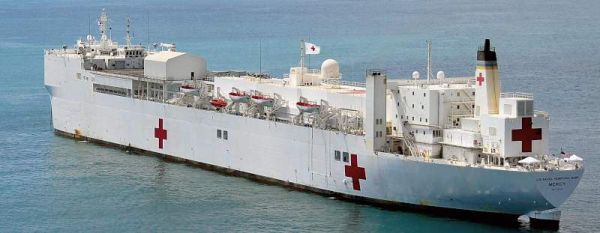WASHINGTON, April 8, 2010 — The number of improvised explosive devices in Afghanistan has doubled. So has the number of American casualties.
The Joint Improvised Explosive Device Defeat Organization is focusing on Afghanistan to reduce both numbers.
Army Lt. Gen. Michael L. Oates is the new director of the organization. He and the organization have been focused on the U.S. Afghan surge. The Defense Department established the organization to find ways to defeat the leading killer of Americans in the war on terror and to quickly turn the technology, knowledge or tactics developed back to combatant commanders.
Oates and Army Command Sgt. Maj. Todd Burnett, the senior enlisted advisor for the organization, spoke to Pentagon reporters today. Oates said he sees the situation in Afghanistan getting better for coalition soldiers and its Afghan allies.
“There are more coalition forces moving into the country, and that will make it harder for the enemy to emplace IEDs,” Oates said. “That will allow us to better safeguard the population, who will then give us more information about who is actually employing these.”
The United States is rushing in more intelligence, surveillance and reconnaissance aircraft, which will allow for persistent surveillance on the road nets.
“The Taliban is not going to give up easily,” the general said. “But I think they will hit their high-water mark here directly. We’ll have more casualties, but I know all the ingredients we need to improve our counter-IED fight are either on the way or currently present. My professional judgment is we will do much better this year than we did last year.”
The organization has found that the threat in Afghanistan is different from that in Iraq. Soldiers and Marines on the ground are finding that IEDs in Afghanistan are more the homemade variety, usually based around fertilizer and with rudimentary ignition systems, Oates said. “IEDs are dangerous wherever you find them, but there are very different IEDs in Afghanistan than in Iraq,” he added.
The enemy in Afghanistan also is less discriminating in whom it attacks. IEDs kill far more innocent civilians than coalition or Afghan government forces. Part of the difference is that the Iranian Quds Force provided training and munitions for Iraqi militias. While there has been some training provided to some Afghan insurgents, it is nowhere near the level in southern Iraq.
Oates said the best investment the United States has made is in training servicemembers. “Soldiers who are dismounted and are aware of the environment are much more prone to locate IEDs before they detonate,” he explained.
The organization uses technology where it is needed, and the scientific community and U.S. industry have been very helpful in this effort, the general said.
“Every form of explosive … has detectable signatures,” Oates said. “We are seeking to amplify those signatures to discover and give our soldiers the best chance of detecting an explosive – whether it’s military grade or a homemade explosive.”
Despite differences in the devices, Iraq is a good model to an extent for Afghanistan, Oates said, noting that operations in Iraq worked because the United States employed a good counterinsurgency strategy, and the military employed the right training and techniques.
“One major component was training the local security forces” Oates said. “Once the Iraqi security forces became appreciably better, we saw a reduction in the number of IEDs. And I think you will see the same thing in Afghanistan.”
Source:
U.S. Department of Defense
Office of the Assistant Secretary of Defense (Public Affairs)

 von
von 